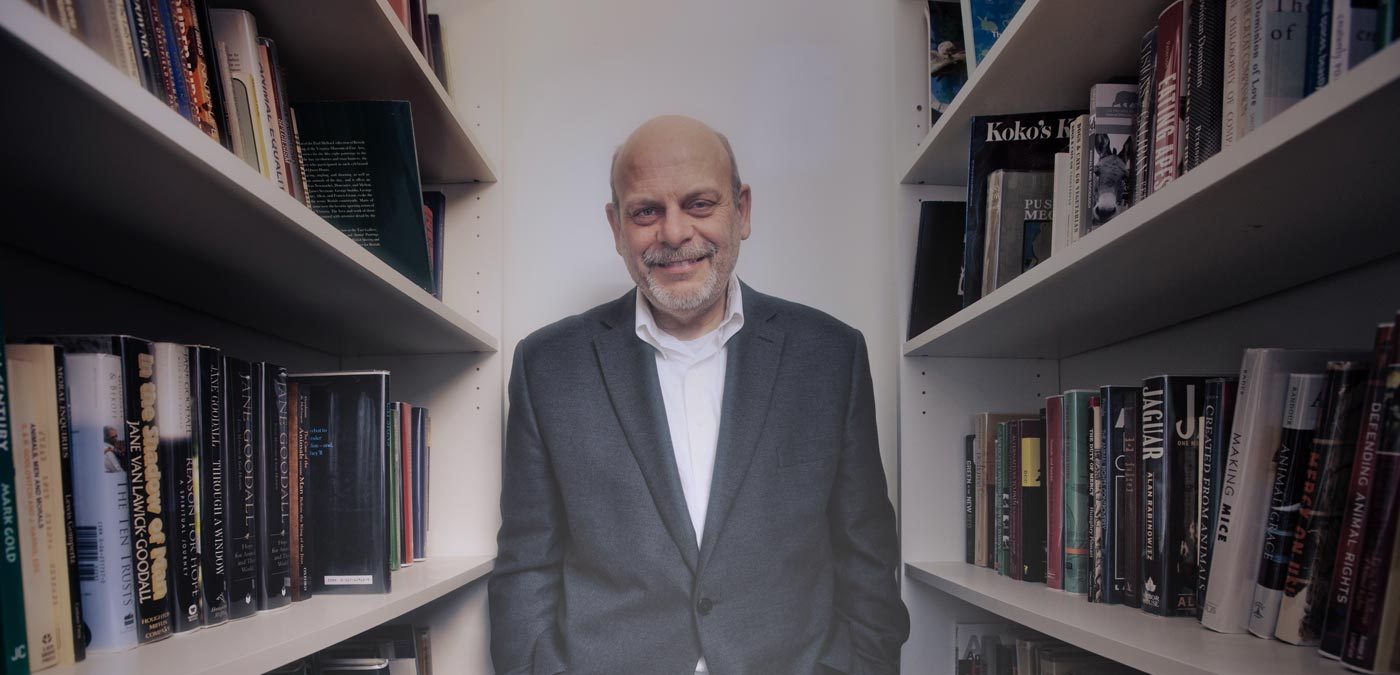Rethinking. Reorganising. Leadership
Worryingly, in every major green group, managers, administrators, communicators and fundraisers outnumber campaigners and researchers. Too many staff have become obsessed with the process of running an organisation. Interminable meetings, not action, are the order of most days. All too often, fundraisers and PR teams, not campaigners, call the shots. Today’s activists regard once radical organisations as part of the NGO establishment: out-of-touch, ineffective and bureaucratic. The wheel has turned full circle. It is time to rethink and reorganise again.
This is Charles Secrett‘s conclusion to an article published on The Guardian Web site called “Environmental activism needs its own revolution to regain its teeth: Today’s protest tactics are not sufficient to alter the destructive path travelled by virtually all governments and most corporations.” Charles Secrett was executive director of Friends of the Earth (1993 – 2003).
Now, repeat the same paragraph but this time apply it to animal welfare/rights organisations.
Worryingly, in every major animal welfare/rights group, managers, administrators, communicators and fundraisers outnumber campaigners and researchers. Too many staff have become obsessed with the process of running an organisation. Interminable meetings, not action, are the order of most days. All too often, fundraisers and PR teams, not campaigners, call the shots. Today’s activists regard once radical organisations as part of the NGO establishment: out-of-touch, ineffective and bureaucratic. The wheel has turned full circle. It is time to rethink and reorganise again.”
Is it true? Methinks it is certainly true of some animal welfare/rights groups in the UK and US. Clearly, organisations have their own life-cycles where they climb and descend in productivity and effectiveness. Size and purpose don’t seem to influence an organisation’s ability either. I’ve seen both very effective and hopelessly ineffective small and large as well as local and national organisations. I’ve also witnessed diverse groups with charismatic, dominant leaders who are equally brilliant and awful and sometimes both at the same time.
In any event, rethinking and reorganising is smart advice; however, it’s how you do it and who’s involved that makes all the difference. Leadership is more about vision and empowerment than direction and enforcement. In short, hire the people who can do the job better than you. Trust them to get on with the job while you maintain a firm but relaxed hand on their shoulder so that they know you’re with them as they make their way. And let them make some mistakes so that they learn. And you, too.











